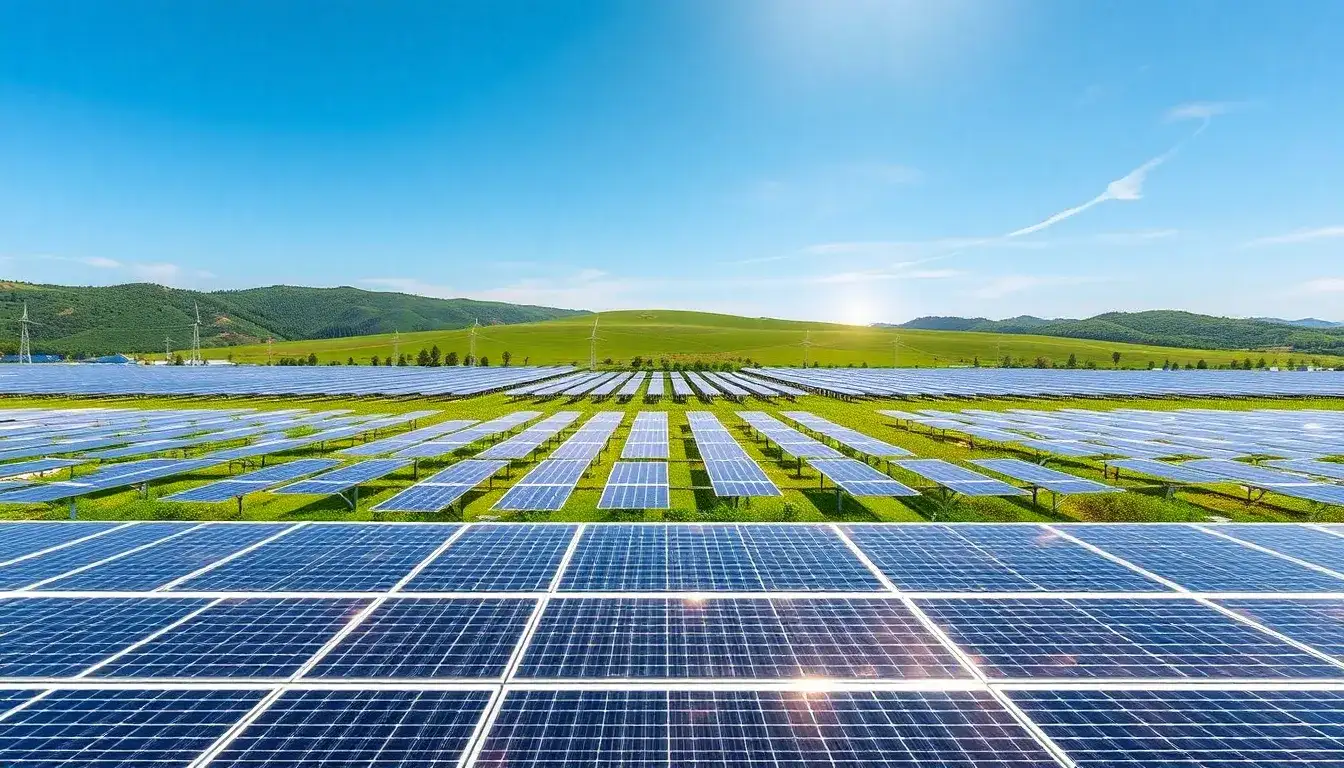
On April 3, 2025, the Jilin Provincial Energy Bureau announced the latest distributed photovoltaic (PV) policy, which aligns with the National Energy Administration guidelines. The new regulations stipulate that for self-generated electricity from general commercial and industrial projects, the annual grid-connected electricity output from surplus power must not exceed 20% of the total generation. While this may seem less favorable compared to other provinces, which allow up to 50%, it is a significant improvement from previous regulations that prohibited surplus power from being fed into the grid altogether.
The announcement also details Jilin’s current capacity for installation, indicating a total remaining capacity of 1.8 GW, with Changchun City leading at approximately 0.85 GW.
The notification outlines several key points for effective implementation:
- Policy Implementation and Coordination: Energy departments at all levels must ensure proper enforcement of the regulations, disseminating information about the guidelines through various channels. Strict adherence to the requirements for project registration and management is crucial to ensure the effective realization of policies.
- Planning and Coordination: Energy authorities are tasked with collaborating with grid companies to study the relationship between distributed solar power, electricity demand, and grid capacity. Projects must be included in the local energy development plans, and efforts should be made to explore integrated development paths for distributed solar PV with building facilities, particularly in rural areas.
- Regular Disclosure of Grid Capacity: Grid companies are required to prepare annual reports on the capacity of the distribution network and submit them to the provincial energy bureau. The provincial bureau will publish the available grid capacity for each city and county on a quarterly basis, indicating the status of project registration and connection.
- Strengthening Management and Services: The specific requirements for project registration will follow the guidance of the provincial development and reform commission. Energy authorities must provide efficient registration services based on available capacity while ensuring accountability for any issues arising from overcapacity registrations.
- Dynamic Adjustment of Surplus Electricity Feed-in Ratio: Distributed solar projects can participate in the electricity market according to national regulations. The ratio of surplus electricity fed into the grid will be adjusted annually, with a limit of 20% for general commercial and industrial projects by 2025.
- Enhanced Construction and Operational Management: Companies involved in PV projects should adhere to relevant standards when using solar modules. This includes considering factors such as low-temperature resistance and snow load capacity. Proper maintenance operations should be established to ensure efficient energy generation.
- Strict Safety Management: Local energy authorities must enforce safety production management responsibilities at the site level, developing detailed safety management guidelines for distributed solar projects and conducting regular inspections to ensure compliance.
These measures aim to promote the high-quality development of new energy in Jilin Province, facilitating better integration and management of distributed solar photovoltaic projects to meet growing energy demands.







